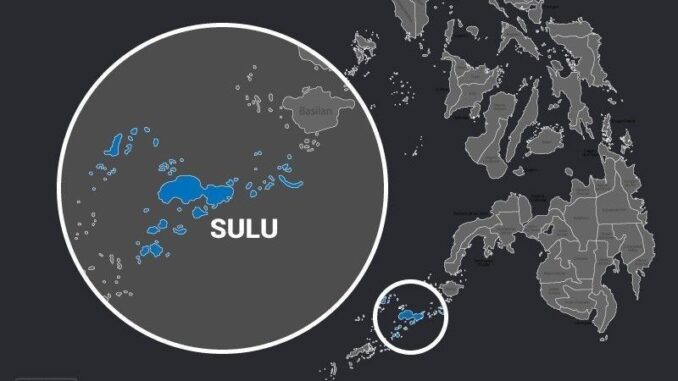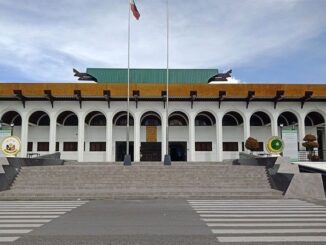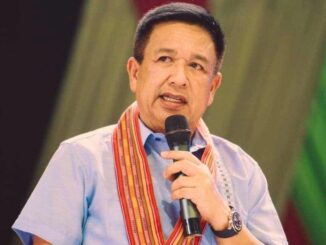
MANILA, Philippines — The Supreme Court ruled that the province of Sulu is not part of the Bangsamoro Administrative Region in Muslim Mindanao (BARMM).
This was announced by Supreme Court spokesperson Camille Ting on Monday, September 9, saying that the high court declared the validity of the BARMM, but excluded Sulu in the autonomous region.
The decision, which has yet to be released, was decided on by the high court on Monday It was penned by Senior Associate Justice Marvic Leonen.
It can be recalled that in 2019, Sulu rejected the ratification of the Bangsamoro Organic law which seeks to expand the autonomous region in Mindanao despite most of the provinces in the previous Autonomous Region in Muslim Mindanao (ARMM) voting in favor of the law.
Despite voting against it, Sulu was still included in the BARMM which prompted it to file a petition before the high court assailing the constitutionality of the organic law.
The court declared unconstitutional the provision in the law that directed ARMM provinces and cities to vote as a single geographical unit, which included provinces that rejected the law.
This interpretation, according to the Supreme Court violated Article X, Section 18 of the Constitution, which mandates that only regions voting favorably in the plebiscite should be included in the autonomous region.
Given Sulu’s rejection of the Bangsamoro Organic Law, the high court ruled it was improper to include the province in BARMM.
Meanwhile, in ruling on the validity of the organic law, the Supreme Court clarified that the BARMM does not constitute a separate state from the Philippines.
The high tribunal emphasized that the autonomy granted to BARMM is confined to its internal governance, reinforcing that increased self-governance does not imply separation from the national framework.
This means that the law did not grant BARMM the power to engage in relations with other states or confer sovereignty. Matters such as national defense, security, citizenship, foreign policy and trade remain under the national government’s authority.
The Supreme Court also affirmed the parliamentary structure of the Bangsamoro government, stating that an autonomous region can adopt a different form of government from the national model as long as it adheres to democratic principles.
Members of the Bangsamoro Parliament are elected by the region’s constituents and its parliament elects a chief minister who wields executive powers.
Commission on Elections Chairman George Garcia has yet to comment on how the new ruling of the Supreme Court would affect the upcoming BARMM parliamentary polls.





Be the first to comment